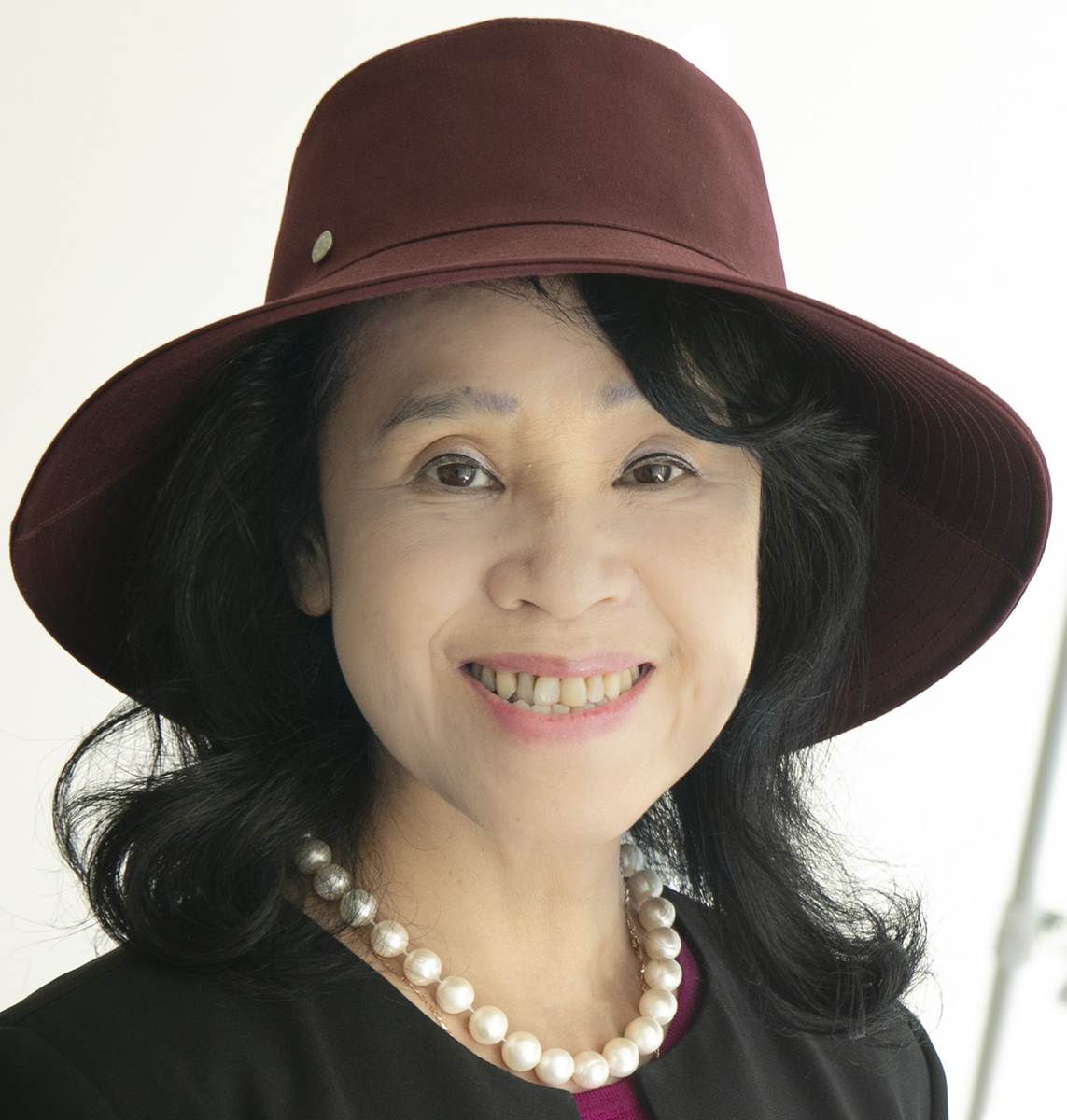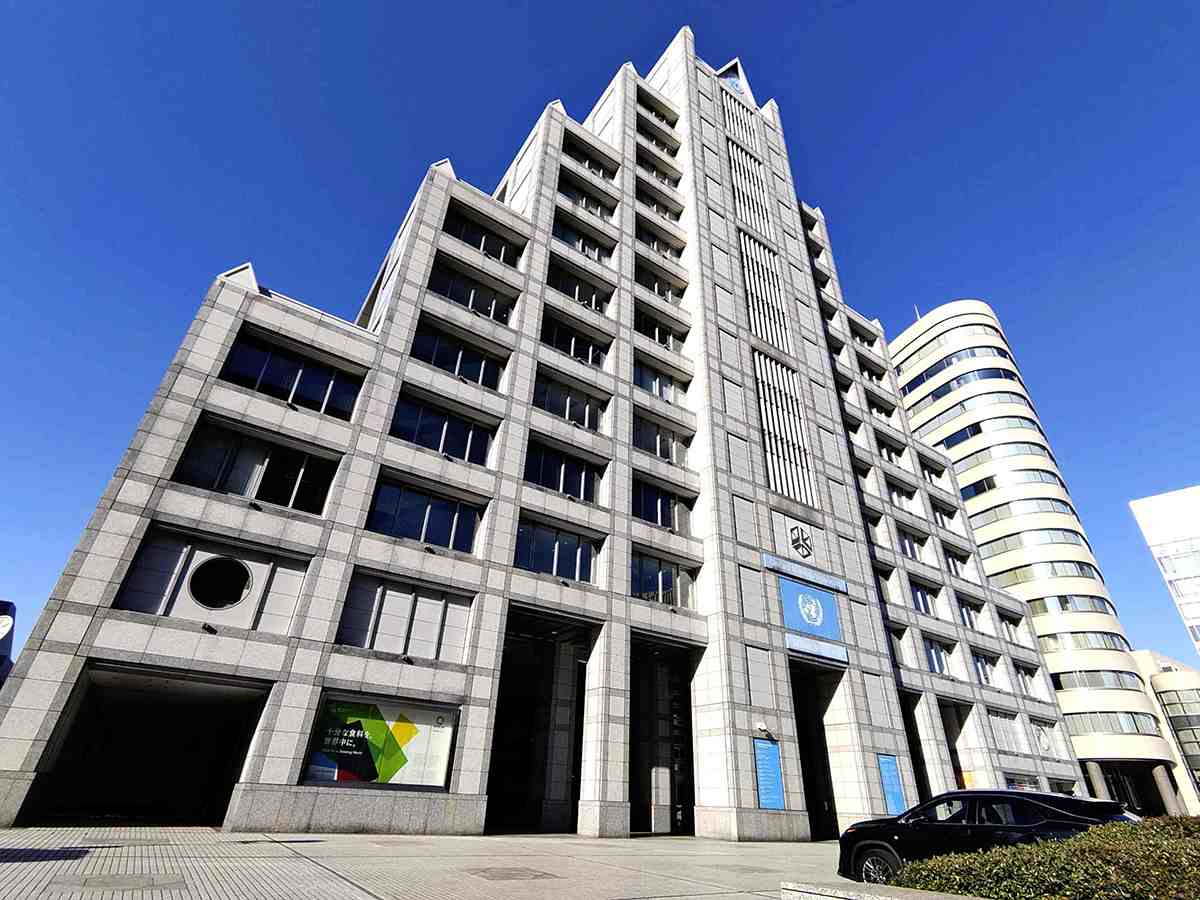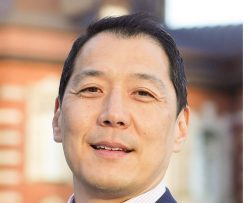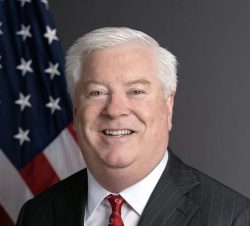Link Academic Research With Youth Education To Promote Global Conversation on Sustainable Development

Shinobu Yume Yamaguchi
11:00 JST, July 6, 2024
The world only has six years left to achieve the Sustainable Development Goals (SDGs), but as U.N. Secretary General Antonio Guterres warned last September, only 15% of the SDG targets are on track. As global crises involving climate change, pollution and the loss of biodiversity seriously imperil progress, it is increasingly evident that overcoming these interlinked crises requires integrated solutions. The leaders of today and tomorrow must think and act holistically, bridging scientific disciplines and sectors, if we are to meet the 2030 deadline.
At the United Nations University (UNU), we have a unique perspective on this challenge, working at the intersection of science, policymaking, and the U.N. system. This year we celebrate the 10th anniversary of the UNU Institute for the Advanced Study of Sustainability (UNU-IAS) based in Tokyo. The key insight from this decade of work is the crucial need for synergies — across scientific disciplines, between research and education, and across all sectors of society.
Our research has underlined how acting in one policy area can either undermine or support success in another. For example, the transition to net zero emissions entails deep social transformation, which can increase vulnerabilities and entrench inequalities. Socially oriented climate policies are needed to ensure that the transition leaves no one behind.
We have also seen how linking research and education can be instrumental in training new policymakers and scientists who have the skills and mindset to deliver holistic solutions. By conducting research on real-world challenges, learners gain an understanding of how sustainability issues are interlinked, and build critical thinking and active problem-solving abilities. This approach is exemplified by the Regional Centres of Expertise on Education for Sustainable Development (RCEs) — 190 local hubs across the world, working with their communities to promote education for sustainable development.

The United Nations University in Shibuya Ward, Tokyo
In particular, the training of youth should be strengthened to build green skills , so they can lead the way in driving sustainable transitions. Last September, UNU-IAS launched a new initiative to develop future climate leaders in governments, companies and beyond, which includes hands-on training. This is addressing one of the key constraints holding back climate action in every country — the lack of knowledge and technical skills.
While education plays a fundamental role in driving the sustainability transformation, this also requires transforming education itself. Emerging technologies such as artificial intelligence present both challenges and opportunities that must be carefully navigated by universities and education systems. AI has enormous potential to accelerate sustainable development, but we must ensure that no one is abandoned in this rapid technological revolution.
The secretary general also reminded us that the SDGs are about more than checking boxes. They speak to the hopes, dreams, rights and expectations of people, and the health of our planet. People from all corners of society, including young people, are turning the vision of these global goals into reality. If we can work together to find and harness synergies, these efforts will ultimately be far greater than the sum of their parts.
This September, world leaders will gather at the Summit of the Future to discuss more effective cooperation on the challenges facing the globe. As they reflect on SDG progress and other sustainability priorities, they should place research and education at the core of the global conversation. Building a more sustainable future depends on harnessing the transformative power of knowledge and human ingenuity.
Prof. Shinobu Yume Yamaguchi is director of UNU-IAS in Tokyo.
The views expressed in this article are those of the author and do not necessarily reflect the views of the United Nations University.
Top Articles in Editorial & Columns
-

Riku-Ryu Pair Wins Gold Medal: Their Strong Bond Leads to Major Comeback Victory
-

Reciprocal Tariffs Ruled Illegal: Judiciary Would Not Tolerate President’s High-Handed Approach
-

China Provoked Takaichi into Risky Move of Dissolving House of Representatives, But It’s a Gamble She Just Might Win
-

Japan’s Plan for Investment in U.S.: Aim for Mutual Development by Ensuring Profitability
-

Policy Measures on Foreign Nationals: How Should Stricter Regulations and Coexistence Be Balanced?
JN ACCESS RANKING
-

Producer Behind Pop Group XG Arrested for Cocaine Possession
-

Japan PM Takaichi’s Cabinet Resigns en Masse
-

Man Infected with Measles Reportedly Dined at Restaurant in Tokyo Station
-

Israeli Ambassador to Japan Speaks about Japan’s Role in the Reconstruction of Gaza
-

Videos Plagiarized, Reposted with False Subtitles Claiming ‘Ryukyu Belongs to China’; Anti-China False Information Also Posted in Japan
























